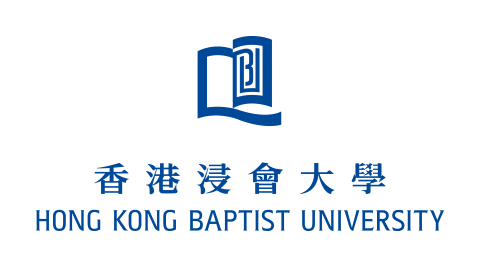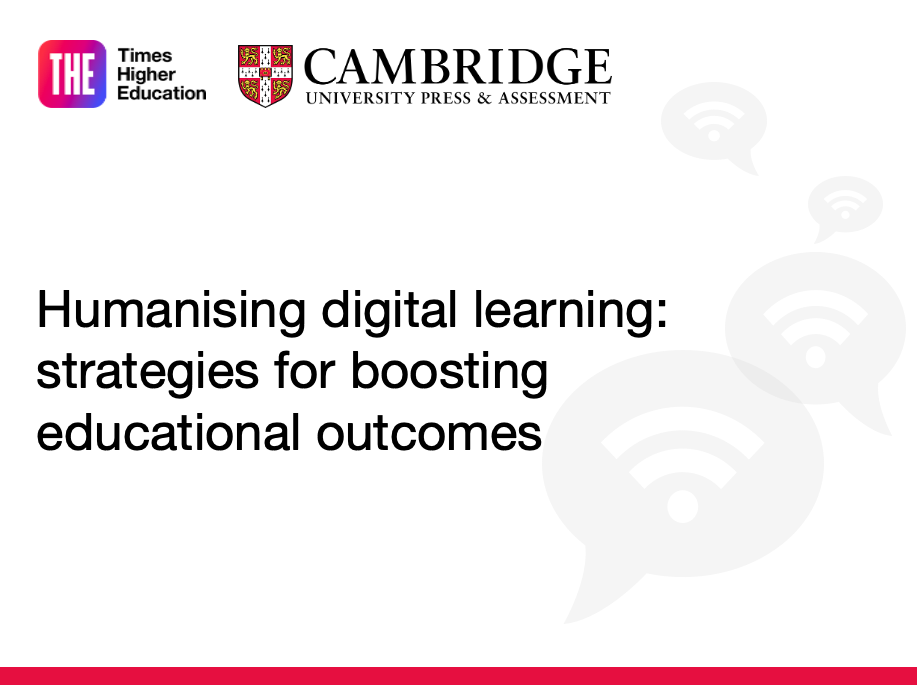
Training interpreters in the age of AI
You may also like
The advancement of artificial intelligence has changed the interpreting profession. With these new tools set to be a part of both current and future interpreters’ careers, educators must be proactive in embedding them into their education.
For the past five years, our department of translation, interpreting and intercultural studies has worked to integrate advanced interpreting technologies into the interpreter training curriculum. I’ve developed a specialised component, which focuses on interpreting technology including term extraction and management, speech recognition, CAI using tools like InterpretBank, using tablets in translation and interpreting, and strategies for working as a freelance translator. It’s matured into a well-developed teaching design, thanks to continuous refinement and practical application in the classroom.
Improve student interpreters’ AI awareness
Computer-assisted interpreting tools have been transforming conference interpreting. Recognising the importance of preparing our students for professional challenges, we have incorporated state-of-the-art CAI tools into our curriculum. These tools, such as InterpretBank, as illustrated below, are already deployed in the language services market and are essential for meeting the needs of today’s interpreters, when AI is generating previously inconceivable things.
- How to assess and enhance students’ AI literacy
- Three ways to optimise your business school’s AI-related offering
- Where to start with generative AI chatbot customisation
In our Translation Technology class (MA, semester 2, co-taught by Mark Shuttleworth and Chuan Yu), students have been introduced to InterpretBank’s Digital Boothmate and its Automatic Speech Recognition (ASR) features. Students can learn independently through step-by-step illustrated instructions and demonstration videos, and revisit technical procedures as needed.
The integration of AI and advanced technologies from InterpretBank is set to revolutionise how our students work once they are professionally employed. Specifically, the AI-driven features enable interpreters to prepare specialised assignments, manage speech terminology databases and access these resources remotely in the translating booth. ASR also provides live translation of keywords and numbers during speeches, enhancing the interpreting process.
Due to its growing importance, CAI has now been included in a new teaching module, Interpreting Technology, which will be launched for HKBU’s next academic year (2024-25).
Looking ahead, this innovative approach and frontier experience will not only enhance the teaching capabilities of institutions, but also increase further innovative practices in interpreter training. Ultimately, it will support an increase in interpreting educators, learners, practitioners and researchers in various sub-fields.
Embed service learning and community engagement for greater proficiency
Service learning (SL) brings students together in project-based learning and offers real-life problem-solving opportunities in their learning experience. This enables trainee interpreters to accumulate authentic experiences that connect what they have learned to public sector translation and interpreting services.
In line with trends in the language service industry, tailored interpreting assignments during SL consist of simultaneous interpreting (SI) and consecutive interpreting (CI) tasks. This allows less-experienced interpreters to gain valuable opportunities to work in different situations and obtain individual feedback on their interpreting performance from event organisers, residents and prospective clients.
The tasks are conducted mainly in a consecutive mode to simulate the interpreting work in real-world settings during SL. This mode requires interpreters to take notes and wait for the speaker to pause to begin oral translation. By contrast, SI has become the primary working mode for students with on-campus SL assignments. During SI, students work with their boothmates, using an interpretation console, PCs and headsets to listen to the speaker and translate what they’re saying at the same time.
A final approach is for students to use a mobile SI device with portable transmitters and receivers, widely used in the language service industry.
SL creates meaningful and solid links between abstract rationales and principles of CAI and practical CAI techniques, such as effectively applying CAI tools in interpreting projects. In essence, this provides an informative context for students or trainee interpreters to leverage their technological knowledge and skills when thinking about AI-driven solutions for real-life communication needs.
Students can also make substantial academic progress that can be tracked and evidenced in enhanced in-class interpreting performance, efficient information searching skills, productive pre-task planning and preparation, and robust technological awareness in completing translating and interpreting assignments.
Moving forward, a deliberate synthesis of instructing cutting-edge CAI techniques to novice interpreters and initiating high-quality SL initiatives in CAI training will continue to impact interpreting education, helping to foster collaborative and long-lasting relationships between educational institutions.
Essentially, it will enhance interpreters’ AI awareness, CAI proficiency (eg, a digital toolbox), and, most importantly, their confidence in making informed decisions about applying CAI tools in their professional practice.
Nan Zhao is assistant professor and programme director of the master of arts in translation and bilingual communication in the department of translation, interpreting and intercultural studies at Hong Kong Baptist University.
If you would like advice and insight from academics and university staff delivered direct to your inbox each week, sign up for the Campus newsletter.




